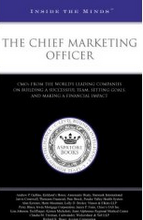
Well it's happened. We've become a business consultancy. Readers of this blog know that the Reputation Garage has operated for some years as a "garage band" of chief marketing officers, agency types, training, and performance experts. Our mission has been to create new ways for organizations to build trust and improve reputational performance. As an open source collaborative, we've been posting new ideas, best practices and research on this blog since 2007.
Our apologies to our readers all over the world for having neglected this blog over the past few months as we've concentrated on establishing the new consultancy. But good things our on the say. Our new site will be up in another week. We look forward to connecting with you there!
All best,

Jarvis






